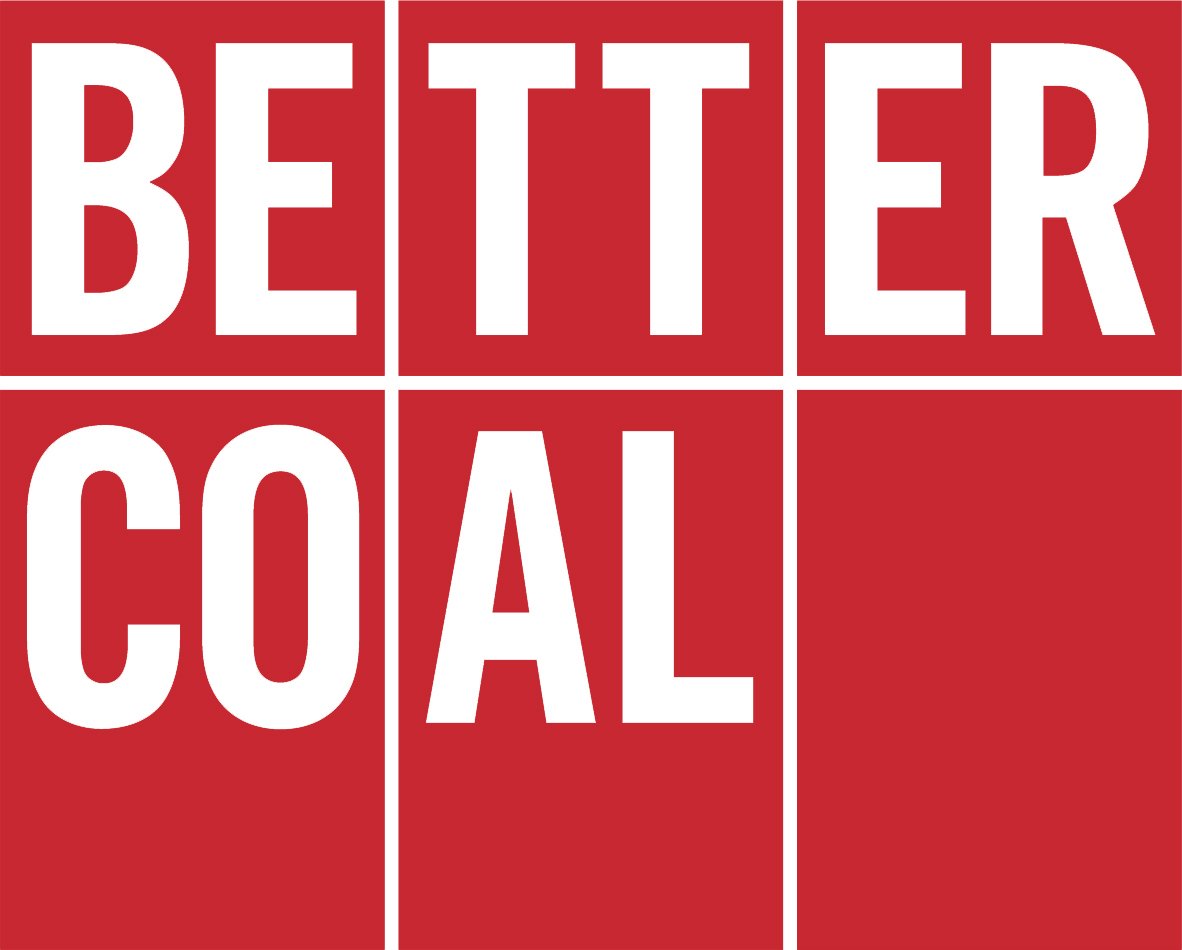The City of Amsterdam: constructive dialogue on the coal supply chain
The sea-ports of countries bordering the North Sea not only play a vital role in their nation’s economies, but they also form a vital link to the European hinterland. Several of the Dutch ports and coal-handling terminals play an important role in the coal supply chain. For this reason, several of the Dutch sea-ports and bulk terminals are Associate Members of Bettercoal[1].
One of these gateways to Europe is the Port of Amsterdam (PoA), the fourth-largest port in Western Europe. Like other ports, the PoA is preparing for the consequences of the transition in the energy mix that is currently underway and that lies ahead. Energy strategy will be decided at European and National level – balancing energy demand, energy security, affordability and environmental impact. At a local level, the PoA pursues sustainable growth whilst minimizing environmental impact. And given its close association both physically and financially with the City of Amsterdam, their mutual future prosperity is intertwined.
In addition to liquid bulk – oil products and biofuels – the port is a major player with respect to dry bulk. While biomass will increasingly be seen at the terminals to support renewable power generation, coal remains a significant import. According to Eurostat (2013 data), coal accounted for 26.7% of electricity production in Europe, still a material proportion meeting the energy needs of consumers and commerce alike. Imported coal plays a critical role in underpinning this energy need as domestic coal sectors diminish.
Much has been written about the coal sector over recent years – less about the fact that it satisfies a significant proportion of the energy needs of Europe, but more in the context of responsible mining. It was exactly for this reason that the PoA convened a meeting between five City of Amsterdam officials, senior port officials and Bettercoal representatives’, Martin Christie (Executive Director) and Marieke van der Mijn (Assessment Program Manager).
“This was an important meeting to ensure the city officials heard first-hand about the Bettercoal initiative and how its Assurance Framework and Assessment Program function”, said Martin Christie. “Now that we have completed Site-Assessments in Colombia, Indonesia, Russia and South Africa, we were able to share our observations and learnings. More importantly, we were able to discuss with the participants some of the assessment findings, corrective actions and how we believe that by engaging with mines over the long-term we are able to bring change.”
Martin added, “We were also able to stress the active role our Members play in engaging their coal suppliers to participate in the Bettercoal Assessment Program. There is a continuous dialogue – with suppliers and other stakeholders interested in seeking a constructive approach. And we owe it to the thousands of workers engaged in the coal sector, the local supply chain actors, communities, unions, those that benefit from taxes paid by the sector to do so.”
Femke Brenninkmeyer, Cluster Manager Energy at the Port of Amsterdam said: “During the sessions with the City of Amsterdam officials and the Associate Members, the most recent insights on the developments in coal supply chain were shared – including best practices. Also, the role Bettercoal plays in assessing this progress against the Bettercoal Code was a good example of the vital role of the organisation can play. In addition, there was also a constructive debate about how to assess the progress made and how Bettercoal might increase the transparency around this.”
There was also an important discussion about coal imports from Colombia. With the Colombian Peace Process advancing, the importance of transitional justice becomes increasingly important, as does remedy for alleged victims. Governance and legitimacy will be crucial for a successful process in which people can trust. Colombian government and society will undoubtedly demand that Colombian business plays its role.
Bettercoal Associate Members include: Branche Organisatie Zeehavens (BOZ), EMO, OBA, Rietlanden Terminals
Representing D66 (Liberal Democrats), Groen Links (Greens), PvdA (Social Democrats) and Ouderen Partij (the Old Peoples Party)
Femke Brenninkmeijer, Cluster Manager Energy; Eduard de Visser, Head of Strategy and Innovation; Ab Cherribi, Public Affairs Port of Amsterdam
